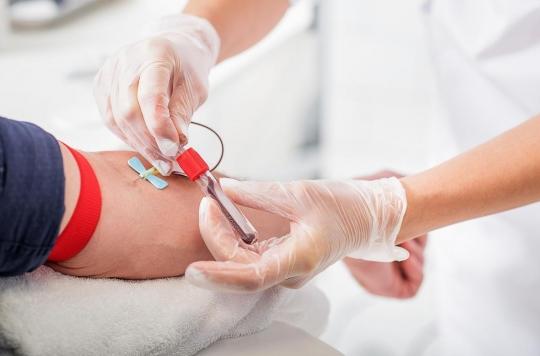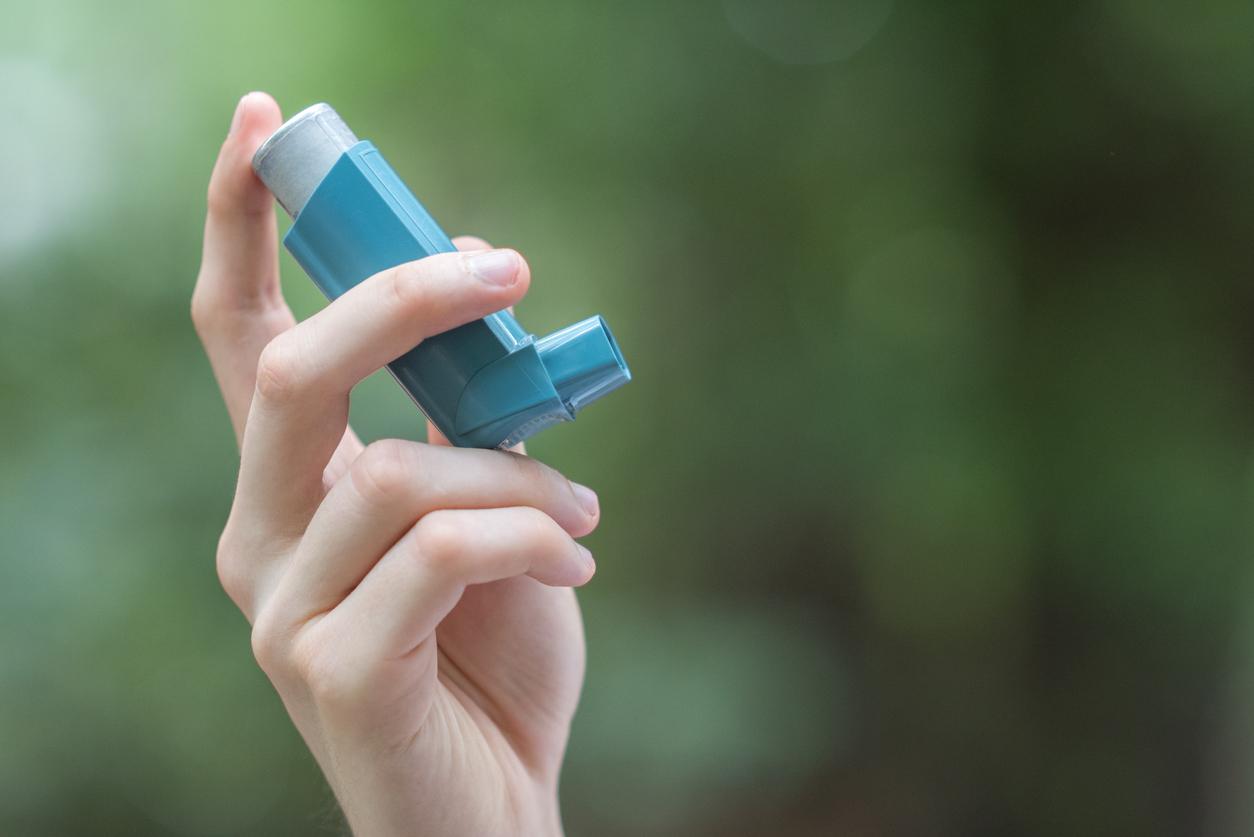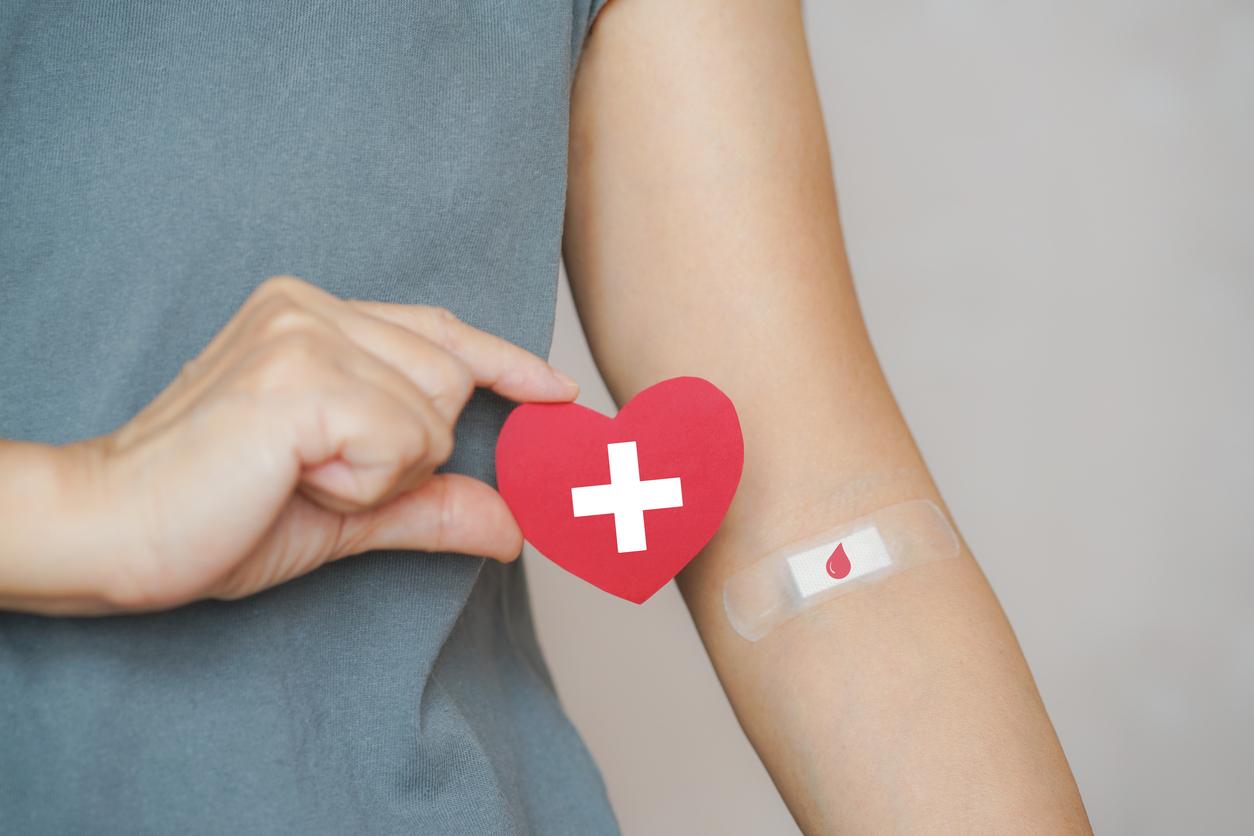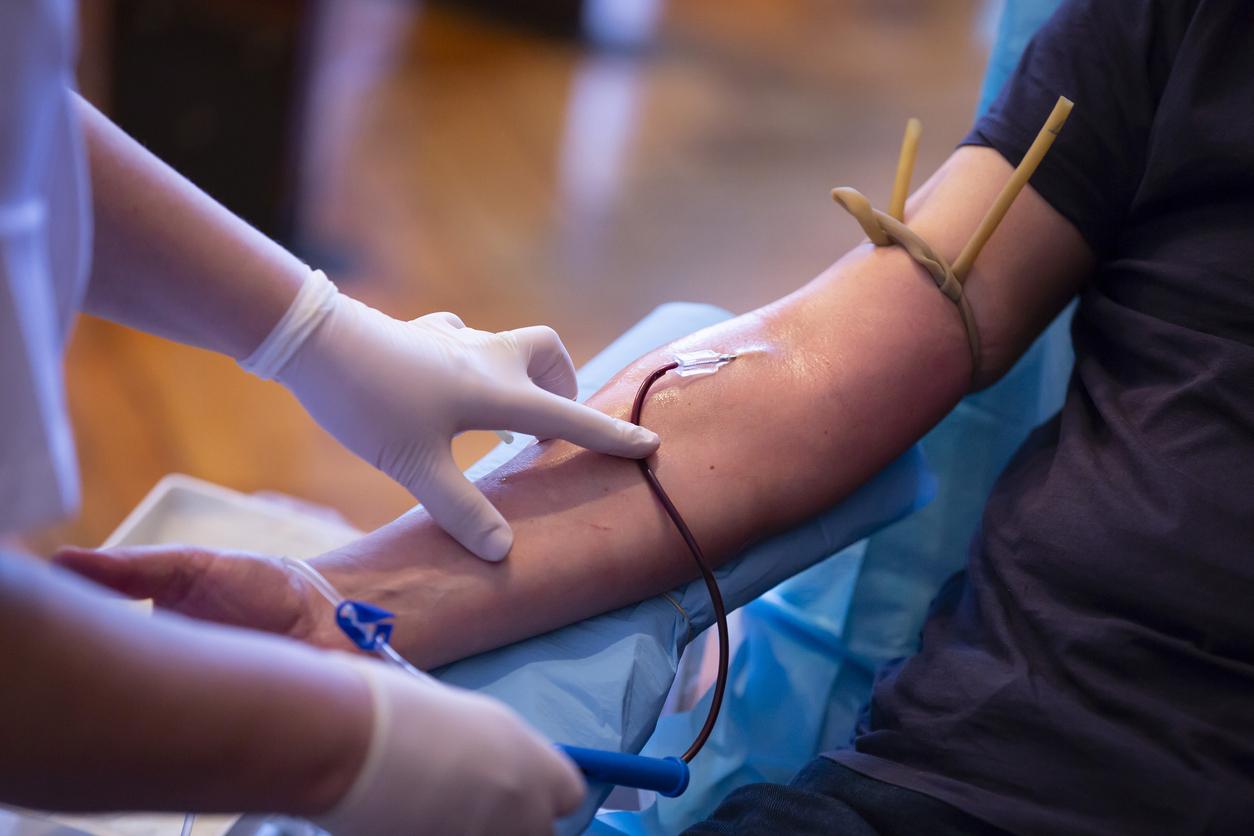This Monday, the French Blood Establishment (EFS) warned of the “dangerously critical” level of blood reserves.

- The EFS calls for a “massive mobilization for the next three weeks”.
- To donate blood, you must be between 18 and 70 years old, weigh at least 50 kg, not be pregnant, respect a period of eight weeks between two blood donations and have no contraindications.
- For people who have contracted Covid-19 and want to donate blood, a period of 14 days after recovery must be respected, and there is no additional risk for those vaccinated.
France lacks blood. The French Blood Establishment (EFS) issued the alert on Monday: reserves have reached a level “dangerously critical”, she laments in a statement. Currently, the EFS has 77,000 blood bags, far from the 100,000 needed to constitute a reservoir that it considers sufficient.
Three weeks of massive mobilization
There “unprecedented situation” in which the EFS is located is the result of 18 months of health crisis which has resulted in a drop in donations. To overcome this lack, the Establishment calls for a “massive mobilization for the next three weeks”. Collection teams and capacities “exceptional” are planned to welcome donors, “including those who will show up without an appointment”. A specific page on the EFS website lets you know Where to give blood.
Blood donation and coronavirus
For people who have contracted Covid-19 and want to donate blood, a period of 14 days after recovery must be respected. Vaccination does not contraindicate blood donation. For people who fear being infected with the virus through blood, no study proves that SARS-CoV-2 can be transmitted by blood transfusion. “Anyway, the pockets are treated, there is no risk”, reassured Dr. Ahmed Slimani, director of sampling at the French Blood Establishment (EFS) for the Île-de-France region, at the Parisian. No health pass is required to be able to donate since the establishments are not considered as places open to the public, nor as hospitals.
Conditions for donating blood
In order to donate blood, certain criteria must be met. You must be of legal age and weigh at least 50 kg. For those over 60, authorization from the doctor in charge of the sample is required. Beyond the age of 70, no donation is authorized, except in exceptional cases (such as carriers of rare blood). There must be a delay of eight weeks between two blood donations.
However, certain situations are incompatible with blood donation. People who have been transfused or have undergone a transplant cannot donate. Those who can transmit through the blood, a bacterium, a virus or a parasite causing diseases and those who are able to transmit a viral infection through sex cannot donate their red blood cells either. People who have stayed in the United Kingdom for at least a cumulative year between 1980 and 1996 (the period when the mad cow epidemic hit hard) are prohibited from donating. Finally, pregnant women are also unable to give.
How to donate blood?
Before the donation, it is advisable to have eaten, avoiding the absorption of fats and alcoholic beverages in the hours preceding. The doctor responsible for the collection must carry out a medical examination to ensure that there is no contraindication to the donor being able to donate his blood.
The duration of the collection depends on the type of donation. For a classic blood donation, it takes between 8 and 10 minutes. For a plasma donation, the duration is between 1 hour and 1 hour 30 minutes. Finally, a platelet donation requires approximately 2 hours 30 minutes.
After sampling, it is advisable to observe a rest period. A snack is generally offered by the collection centre.
.

















